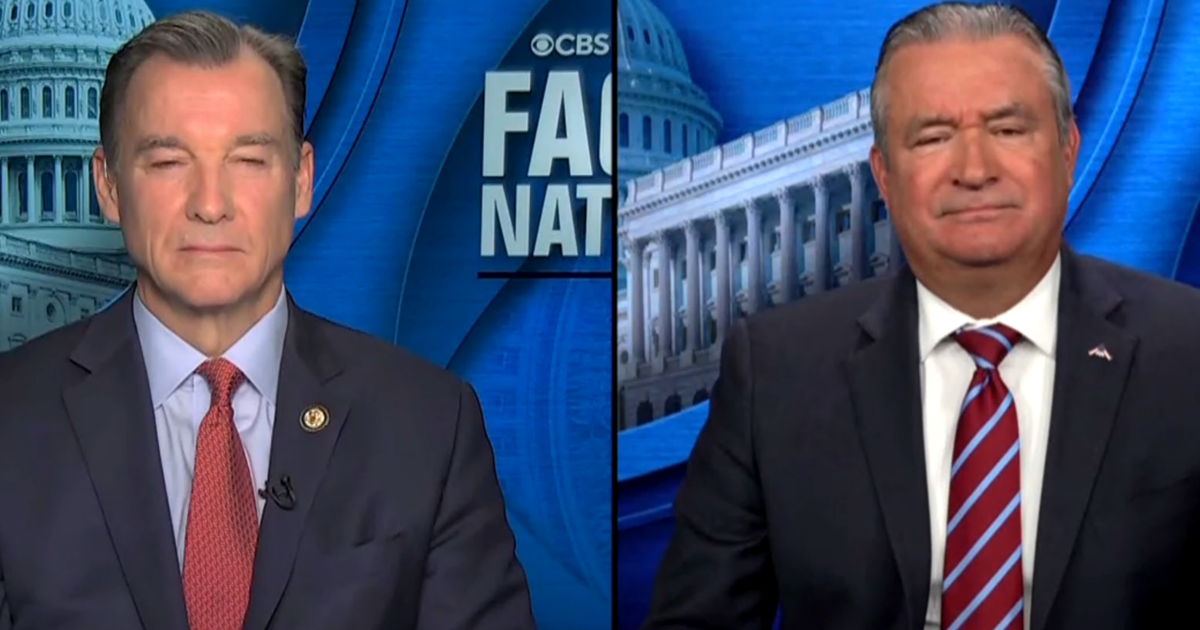
GOP Representative Don Bacon has emphasized that Congress cannot enact a partisan solution to reform health care subsidies, stating that a so-called “Republican-only fix” is not legally or practically feasible. The comments come amid ongoing debates in Washington over the structure, funding, and eligibility of federal health care programs, which have been a contentious issue for both parties.
Bacon, who serves on key committees overseeing federal budget and health care policy, stressed that any changes to subsidies under the Affordable Care Act (ACA) require bipartisan collaboration or full reconciliation procedures that adhere to federal law. “We can’t just pass a Republican-only fix,” Bacon said in a public statement, warning that unilateral changes could face legal challenges and unintended consequences for millions of Americans who rely on subsidies to afford health insurance.
The remark highlights growing tension within the Republican Party. Some GOP lawmakers have pushed for quick, party-line fixes to lower premiums, expand tax credits, or restructure ACA programs to favor conservative priorities. However, Bacon’s statement underscores the institutional and procedural limitations facing Congress, including the Senate’s 60-vote threshold for most legislation and the need for long-term funding guarantees.
Policy analysts note that health care subsidies are deeply intertwined with the federal budget and broader insurance markets. Any attempt to enact a “Republican-only” adjustment could disrupt insurance markets, create uncertainty for consumers, and potentially spark litigation. Bacon’s caution reflects concerns that partisan reforms, if not carefully designed, may reduce coverage or increase costs for Americans relying on federal assistance.
The debate over health care subsidies is occurring alongside broader Republican efforts to reform entitlement programs and control federal spending. While GOP leaders aim to present bold solutions to voters, Bacon’s warning suggests that pragmatic constraints may force a more measured approach. Analysts say this stance could influence the strategy of conservative lawmakers heading into upcoming budget negotiations and midterm elections.
Bipartisan groups and advocacy organizations have welcomed Bacon’s acknowledgment of the limits of partisan fixes, emphasizing that health care policy impacts tens of millions of Americans. Advocates argue that any reform should protect coverage while addressing cost concerns, highlighting the political and social stakes involved in modifying subsidies under the ACA.
Bacon’s comments also reflect broader legislative realities in Congress. Even when a party holds a majority, certain reforms require collaboration, legal compliance, and careful planning. Lawmakers who ignore these constraints risk both policy failure and public backlash, particularly on issues as high-profile and personal as health care.
As debates continue, Congress faces a critical challenge: balancing ideological goals with legal frameworks and public needs. Bacon’s position illustrates the tension between partisan ambition and practical governance, offering insight into the hurdles any health care reform plan must overcome.
Watch video below :












